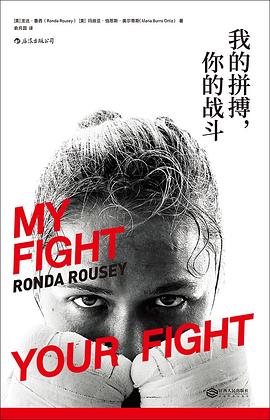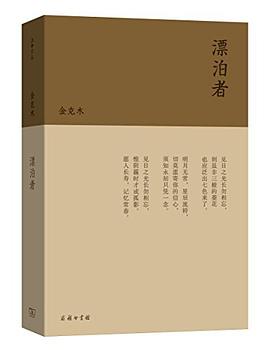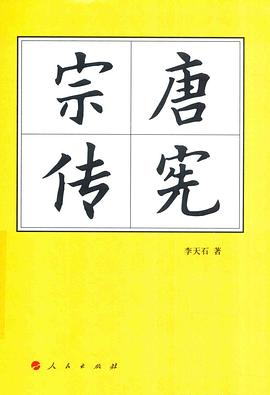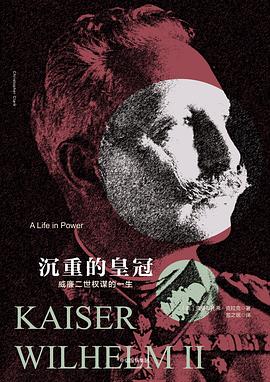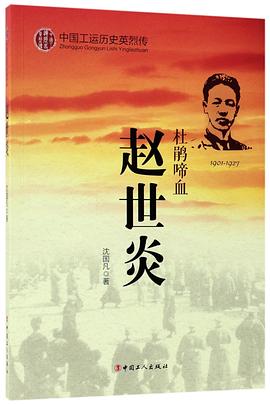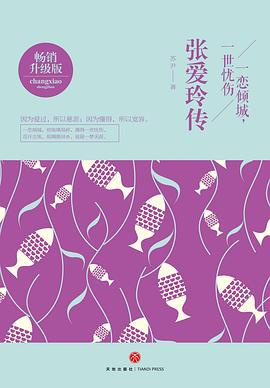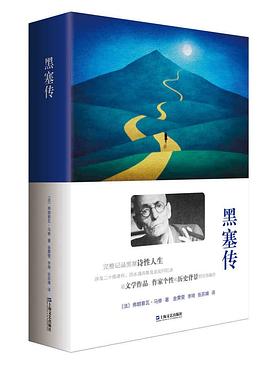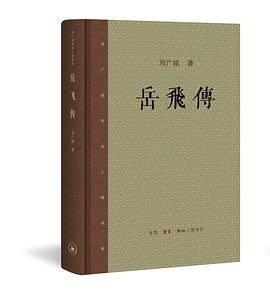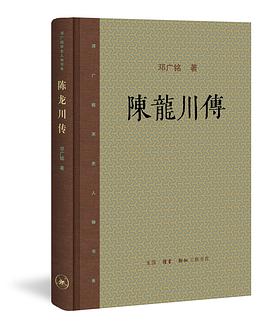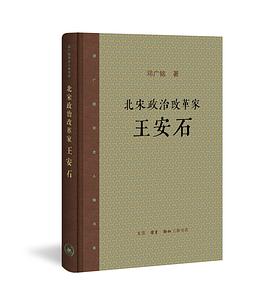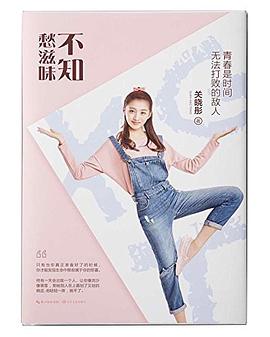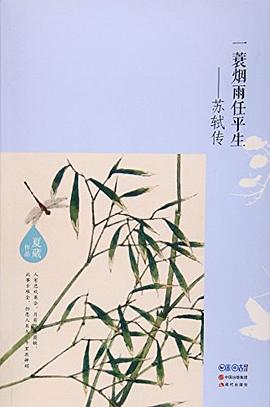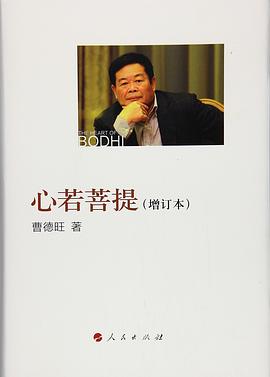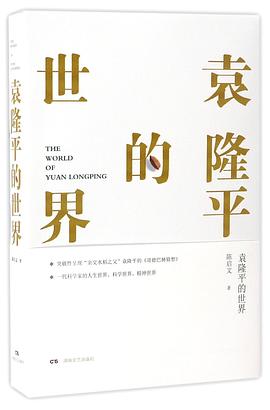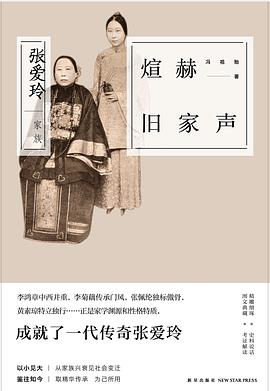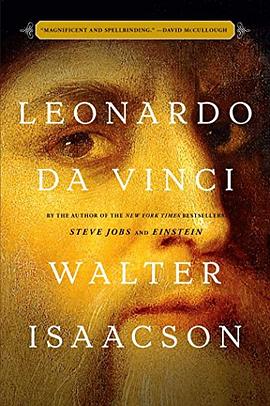

具体描述
The #1 New York Times bestseller
“A powerful story of an exhilarating mind and life...a study in creativity: how to define it, how to achieve it.” —The New Yorker
“Vigorous, insightful.” —The Washington Post
“A masterpiece.” —San Francisco Chronicle
“Luminous.” —The Daily Beast
He was history’s most creative genius. What secrets can he teach us?
The author of the acclaimed bestsellers Steve Jobs, Einstein, and Benjamin Franklin brings Leonardo da Vinci to life in this exciting new biography.
Based on thousands of pages from Leonardo’s astonishing notebooks and new discoveries about his life and work, Walter Isaacson weaves a narrative that connects his art to his science. He shows how Leonardo’s genius was based on skills we can improve in ourselves, such as passionate curiosity, careful observation, and an imagination so playful that it flirted with fantasy.
He produced the two most famous paintings in history, The Last Supper and the Mona Lisa. But in his own mind, he was just as much a man of science and technology. With a passion that sometimes became obsessive, he pursued innovative studies of anatomy, fossils, birds, the heart, flying machines, botany, geology, and weaponry. His ability to stand at the crossroads of the humanities and the sciences, made iconic by his drawing of Vitruvian Man, made him history’s most creative genius.
His creativity, like that of other great innovators, came from having wide-ranging passions. He peeled flesh off the faces of cadavers, drew the muscles that move the lips, and then painted history’s most memorable smile. He explored the math of optics, showed how light rays strike the cornea, and produced illusions of changing perspectives in The Last Supper. Isaacson also describes how Leonardo’s lifelong enthusiasm for staging theatrical productions informed his paintings and inventions.
Leonardo’s delight at combining diverse passions remains the ultimate recipe for creativity. So, too, does his ease at being a bit of a misfit: illegitimate, gay, vegetarian, left-handed, easily distracted, and at times heretical. His life should remind us of the importance of instilling, both in ourselves and our children, not just received knowledge but a willingness to question it—to be imaginative and, like talented misfits and rebels in any era, to think different.
用户评价
##达芬奇的好奇心
评分##写的太事无巨细,像流水账。我和达芬奇唯一相似的地方是都是拖延症晚期。
评分##达芬奇能够原谅自己碌碌无为的时光
评分##二刷之后觉得好像离他的心灵世界更近了,他的石头寓言(离乡),他对人生意义的质问(怀才不遇),他对强者的“仰慕”,还有他对自然、对情人、对性向的态度,真的只能越来越爱他。
评分##Vegetarian Became a strict vegetarian subsequently, because he discovered through observation that animals could feel pain like men did. Curiosity | Observation | Patterns | Analogies Repeated his experiments several times, observing whether or not the results were identical. Engineering. Physics. Optics. Mechanics. Biology. Geometry. Geology.
评分##写的太事无巨细,像流水账。我和达芬奇唯一相似的地方是都是拖延症晚期。
评分##这本写得非常流畅,以Leonardo的笔记为线索,一点点展开他倾注心血和热情的点点滴滴……作者始终在强调,我们不能否认Leonardo是天才,有着我们无法企及的天赋,但同时要看的他也是一个活生生的人,也正因如此,他的画作、研究才变得更为生动和鲜活,充满革命性以及发展的可能……最重要的点可能是,带着好奇心关注一切“无用”的东西,带着热情深挖到极致,始终相信提升到可能(这也许不会让我成为一个全能大师,但是给了我procrastinate的理由(bushi
评分##原本是要建个雕像, 他先解剖匹马去了解马的身体构造, 顺便对比下人腿和马腿的骨骼走向;又设计了几种可以有效清理马厩并填补饲料的系统; 还发明了一套能一口气把整匹马雕塑浇铸出来的模具和系统. 被这个人强大的好奇心和行动力震惊了;可不简单单是个画家啊. 只要他感兴趣的, 不论与原本主题沾多大边儿, 他都能兴致勃勃的一通钻研下去. 要说最可惜的一点, 就是leonardo从始至终都没有意识到人类的知识体系是个体之间协作,探讨,慢慢积累而成的. 正是因为后人能站在前人的肩膀上, 我们对世界的了解才能以指数增长.真希望那时候有人能帮他发表他在解剖学, 水利, 自然, 工程, 数学和音乐等等上的那些伟大的发现啊.
评分##audible听完,还有pdf图片,没看
相关图书
本站所有内容均为互联网搜索引擎提供的公开搜索信息,本站不存储任何数据与内容,任何内容与数据均与本站无关,如有需要请联系相关搜索引擎包括但不限于百度,google,bing,sogou 等
© 2025 book.coffeedeals.club All Rights Reserved. 静流书站 版权所有

